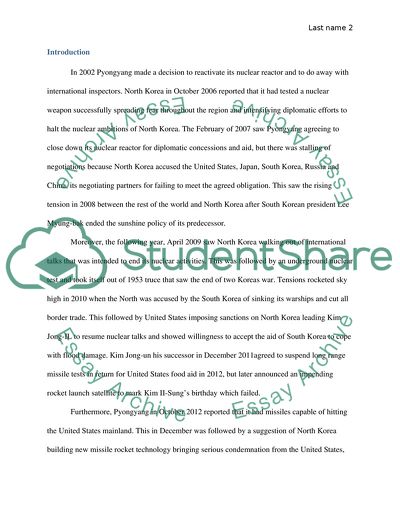Cite this document
(North Korea Internal Affairs and The Response of South Korea and The Term Paper, n.d.)
North Korea Internal Affairs and The Response of South Korea and The Term Paper. Retrieved from https://studentshare.org/politics/1799734-comparative-politics
North Korea Internal Affairs and The Response of South Korea and The Term Paper. Retrieved from https://studentshare.org/politics/1799734-comparative-politics
(North Korea Internal Affairs and The Response of South Korea and The Term Paper)
North Korea Internal Affairs and The Response of South Korea and The Term Paper. https://studentshare.org/politics/1799734-comparative-politics.
North Korea Internal Affairs and The Response of South Korea and The Term Paper. https://studentshare.org/politics/1799734-comparative-politics.
“North Korea Internal Affairs and The Response of South Korea and The Term Paper”, n.d. https://studentshare.org/politics/1799734-comparative-politics.


